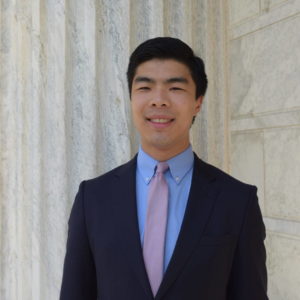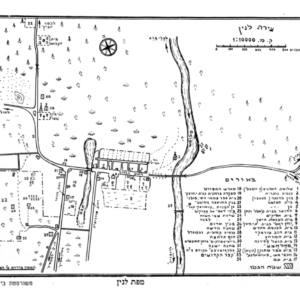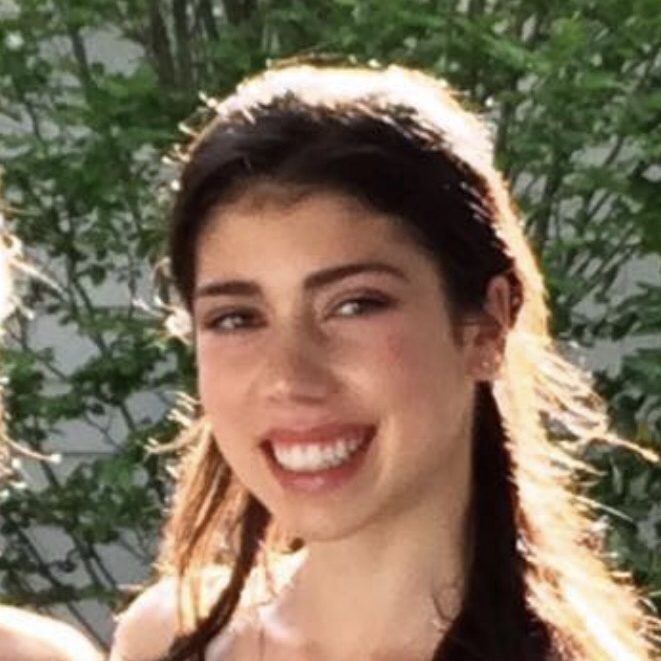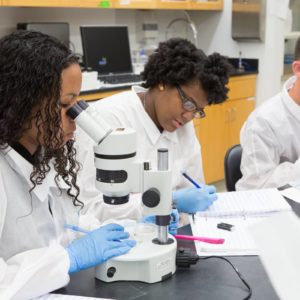For this year’s Spring Seasonal Series, entitled Post-Princeton Life: The Experiences of PCUR Alumni, each correspondent has selected a PCUR alum to interview about what they have been up to. We hope that these interviews will provide helpful insight into the many different paths Princeton students take after graduation. Here, Shanon shares his interview.
~~~~~

As part of our Spring Seasonal Series, I interviewed Nicholas Wu ’18. I first met Nick in the fall of my first year, in a class called American Politics. For the remainder of Nick’s Princeton career, he and I shared the occasional class, and eventually, both became PCUR correspondents. I’ve long admired Nick’s curiosity and talent for critically evaluating contemporary politics, so I’m thrilled that he’s now making a career out of that interest. As you’ll see below, Nick has actually just accepted a job as a politics reporter for USA Today! So, I encourage you to read on to learn more about Nick’s early career experience and his advice for those of us still on “this side of paradise.” Continue reading Post-Princeton Life: An Interview With Nicholas Wu ‘18







